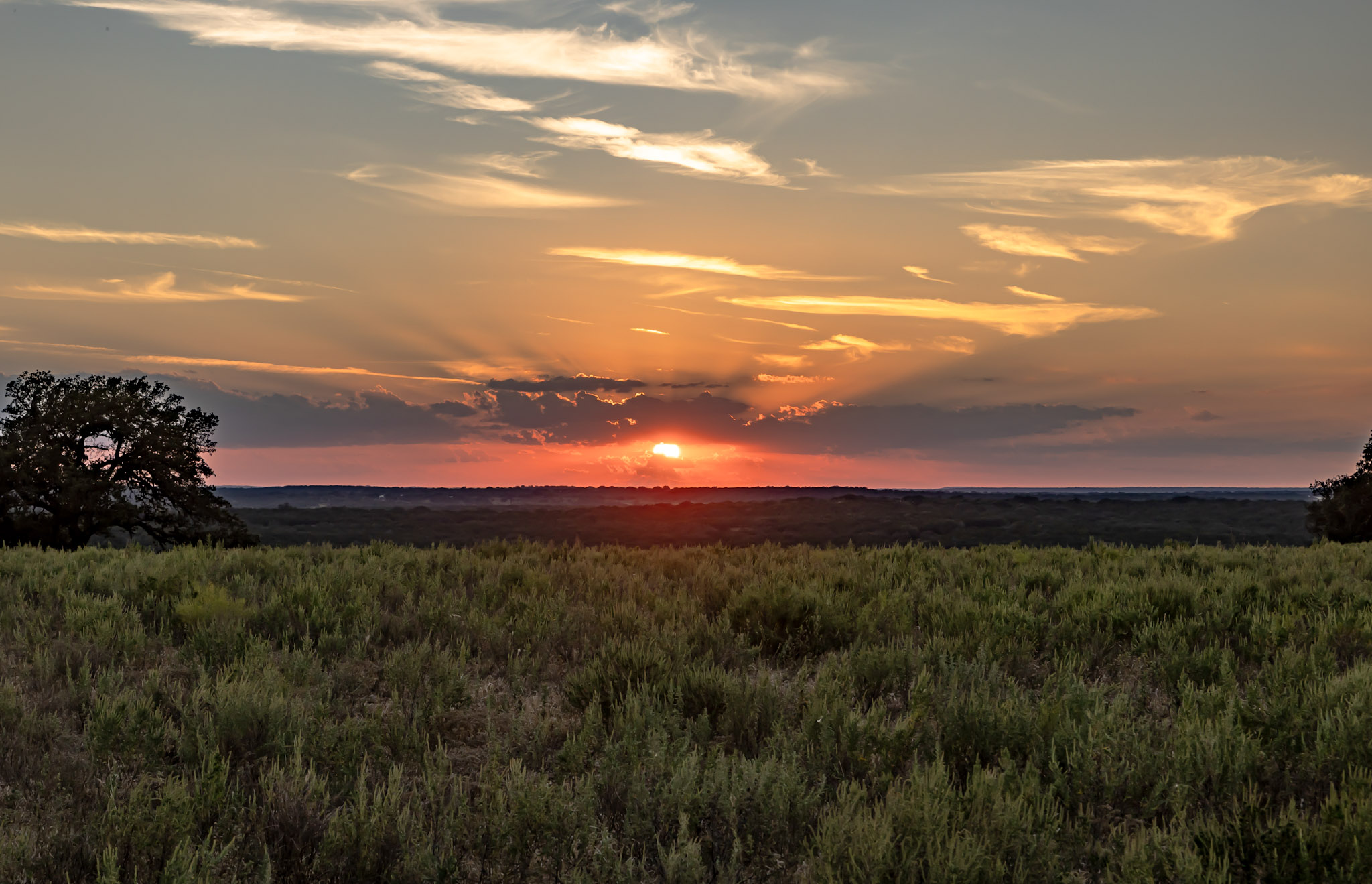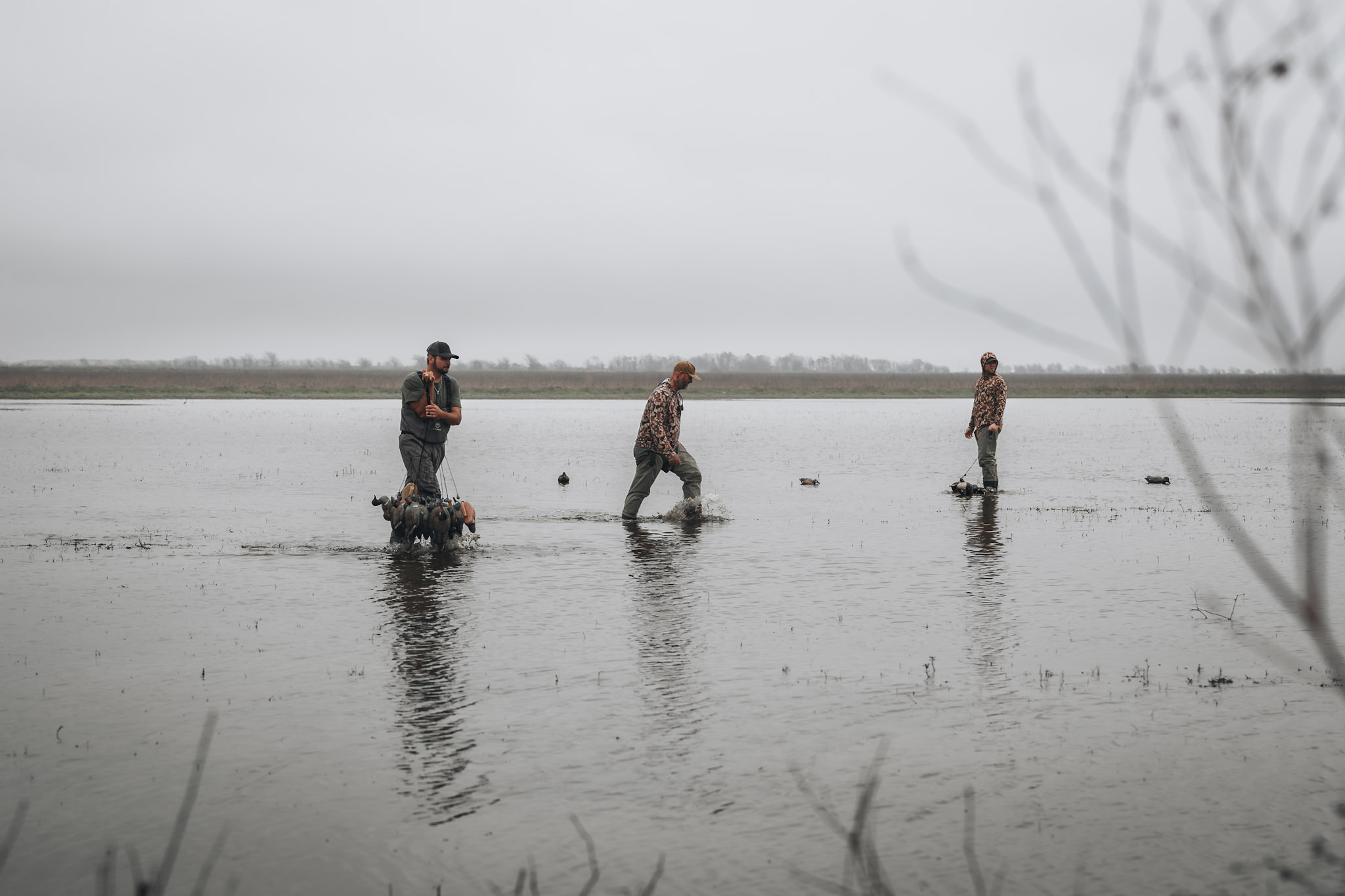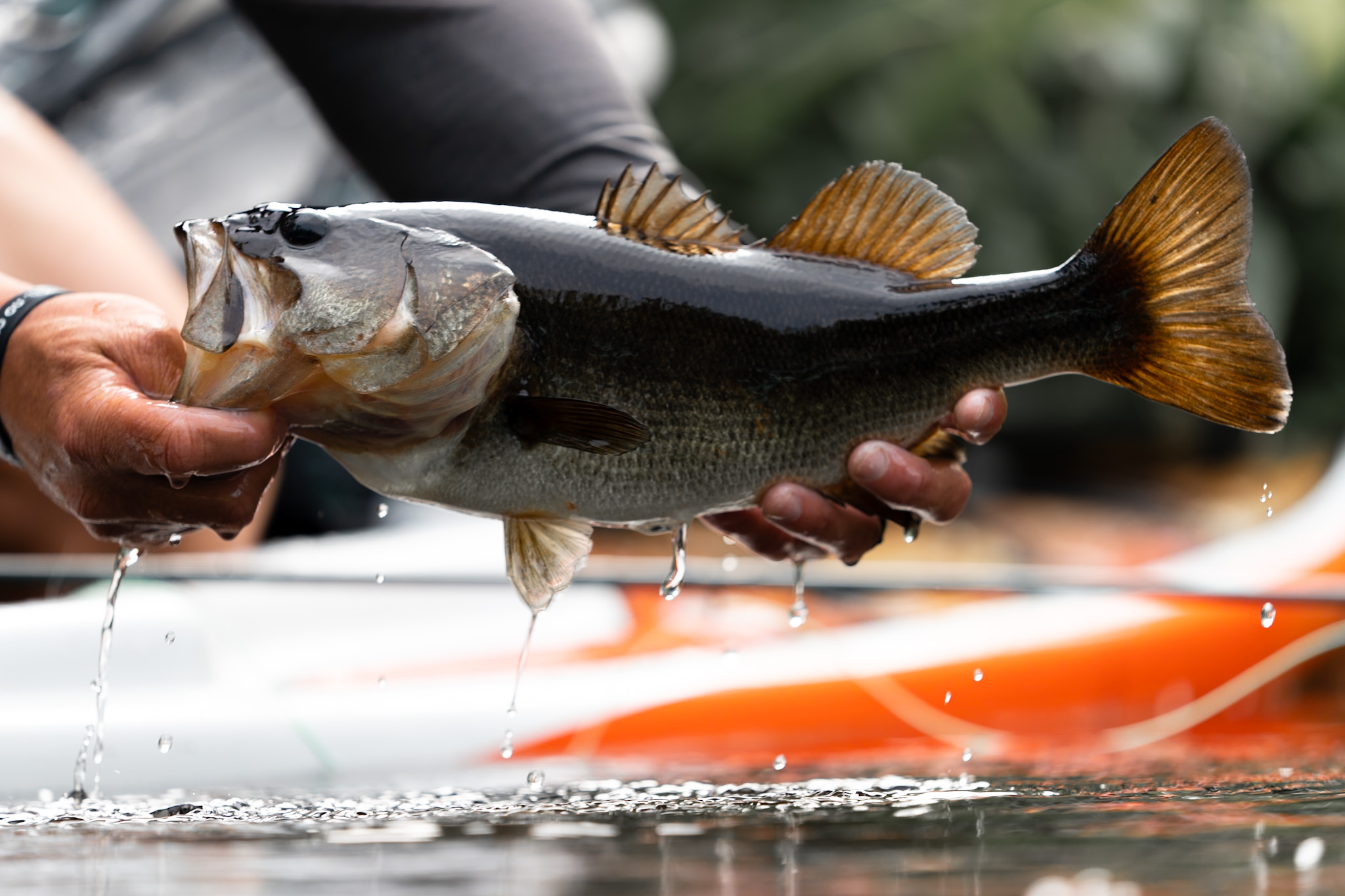Land Conservation & Hunting and Fishing Access
Why Conservation Matters for Hunters and Anglers

How Land Conservation Impacts Hunting and Fishing Access
Conservation and hunting go hand in hand, yet many people don't fully grasp how vital land preservation is in sustaining wildlife populations and ensuring access to outdoor recreation. Whether you're an experienced hunter, an avid angler, or a landowner, understanding how conservation efforts directly impact access to hunting and fishing is essential for anyone who cares about preserving these activities for future generations.
Why Conservation Matters for Hunters and Anglers
Conservation isn't just about preserving land—it’s about maintaining balanced ecosystems where wildlife can thrive, and sports enthusiasts can continue pursuing their passions. Without proper conservation, the consequences are clear: habitat loss, overdevelopment, and a decline in wildlife populations can severely limit opportunities for both hunting and fishing. Healthy ecosystems sustain both nature and outdoor recreation.

Key Benefits of Land Conservation:
- Sustains Healthy Wildlife Populations: Effective habitat management provides animals and fish with the resources they need to flourish.
- Protects Waterways for Fishing: Clean and preserved waters are essential for maintaining healthy fish populations and ensuring quality fishing experiences.
- Increases Hunting Access: Conservation easements and responsible land management increase access to public and private hunting grounds, helping to create more opportunities for sportsmen.
- Boosts Local Economies: Sustainable hunting and fishing not only benefit ecosystems but also drive billions in revenue and create jobs, strengthening local economies.
The Role of Hunters and Anglers in Conservation
Hunters and anglers are among the most significant contributors to conservation efforts. Initiatives like the Pittman-Robertson Act (which taxes hunting equipment to fund wildlife restoration) and the Dingell-Johnson Act (which funds fisheries) are just a few examples of how sportsmen and women directly support conservation programs across the U.S.
How Outdoor Enthusiasts Support Conservation:
- Hunting & Fishing License Fees: A portion of every license sold is allocated to conservation efforts, ensuring long-term sustainability.
- Excise Taxes on Gear & Ammo: Firearms, bows, rods, and reels contribute to federal conservation funding through excise taxes.
- Land Donations & Conservation Easements: Private landowners can voluntarily designate their land for conservation, supporting wildlife and maintaining access for future generations.
- Supporting Ethical Hunting & Fishing Practices: Practices like catch-and-release fishing, selective harvesting, and fair chase hunting promote sustainability and ecosystem health.
How Private Land Conservation Helps Sportsmen:
- Less Competition: Unlike heavily trafficked public lands, private lands offer a more controlled and secluded experience, allowing for a more enjoyable and rewarding hunt or fishing trip.
- Better Wildlife Management: Conservation-focused landowners manage hunting and fishing in a way that ensures sustainable populations, preventing overharvesting and habitat degradation.
- Legal & Safe Access: Booking through platforms like BirdDog ensures that landowners and sportsmen follow regulations and best practices for responsible outdoor recreation.
How BirdDog is Expanding Conservation-Backed Hunting & Fishing Opportunities
BirdDog connects conservation-minded landowners with hunters and anglers who respect the land and want exclusive access to well-managed outdoor experiences. By partnering with landowners committed to sustainability, BirdDog helps increase access to prime hunting and fishing spots while promoting responsible land use and conservation.

How You Can Get Involved:
- Landowners: Earn income while supporting conservation efforts by listing your property on BirdDog.
- Hunters & Anglers: Book guided and private access trips through vetted landowners who prioritize responsible land use and conservation.
- Conservation Advocates: Educate others about ethical outdoor recreation and the importance of protecting natural resources for future generations.
Preserve the Land. Protect the Future. Book Your Conservation-Friendly Trip Today!
By supporting conservation efforts, whether through booking trips or listing land, you’re helping secure the future of outdoor recreation and ensuring that hunting and fishing opportunities remain abundant for generations to come. Join BirdDog in making a positive impact on land conservation today!
Read More...

For generations, hunters have played a critical role in protecting wildlife habitat, supporting healthy animal populations, and funding conservation efforts across the country. Hunting is not just a tradition or outdoor recreation — it is deeply tied to land stewardship and the long-term health of our natural resources.

Late winter is one of the most important times of the year for wildlife habitat management in Texas. As hunting seasons wrap up and the landscape begins transitioning toward spring growth, smart habitat work now can dramatically improve forage, cover, and wildlife health for the entire year — setting your ranch or property up for long-term success.

Winter pond management is one of the most overlooked — and most important — parts of maintaining a healthy bass fishery in Texas. While many landowners assume their pond “takes care of itself” once the weather cools down, the truth is that winter is when your pond sets the foundation for spring growth, forage success, and bass health.



